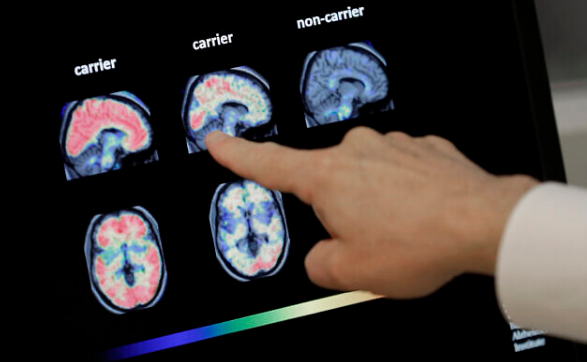
Testing newly developed drugs is extremely time consuming and can be difficult to get the rights. Now a team of scientists from the University Carnegie Mellon has aimed at simplifying tasks, creating a system controlled by a robot, which is able to reduce the number of tests by as much as 70 percent.
When working on a new drug, scientists must determine its implications for it to be effective and not harmful treatment for patients. This is an extremely laborious process, and simply not practical to conduct experiments for each set of biological conditions.
That’s where the need for new robotic systems. They use machine learning to choose which experiments to conduct using patterns in data to accurately predict results of experiments not actually performing them.
The system is able to carry out experiments on himself, using robots, machining liquid, and an automated microscope. Her abilities were tested in the study to determine the effects of drugs 96 96 cell clones grown mammals containing different fluorescently-labeled proteins. A total of 9216 possible experiments, each of which is involved in the testing of the effects of the drug, mixing it with the desired cell.
The car started with images of all 96 cells, identifying the location of protein in it. The effects of each drug were then recorded in the same way, and the machine learning algorithm slowly defined templates in the location of proteins, known as phenotypes.
By combining such images, the machine could identify potential new phenotypes without assistance from the researchers. When we collected data, it was used for the formation of predictive models, predicting outcomes of experiments unmeasured.
In total, the automated system was held 30 rounds of testing, completing tests from 2697 9216 possible. Other results were predicted by the machine with an accuracy of 92%.
Researchers believe that their work proves that machine learning techniques are viable for use in medical testing, and can have a large impact on practical and financial issues faced on the ground.
“The immediate challenge will be to use these methods to reduce the cost of achieving major projects such as the cancer genome Atlas, which aims to accelerate understanding molecular basis cancer with technology analysis of the genome,” said senior author Robert F. Murphy.







